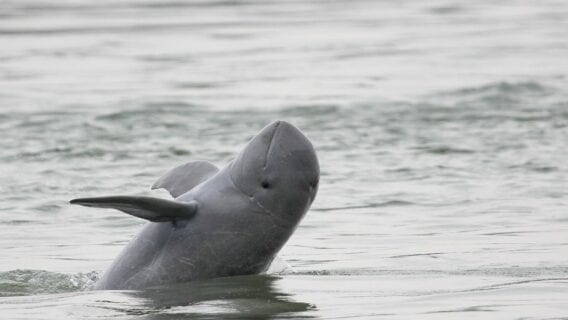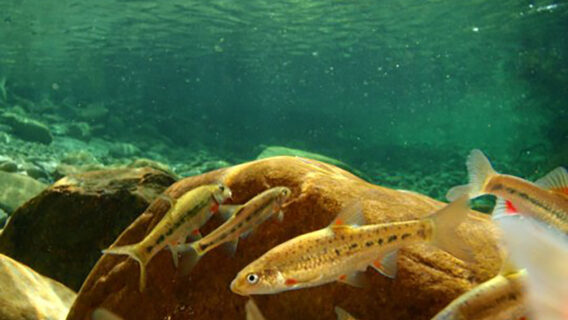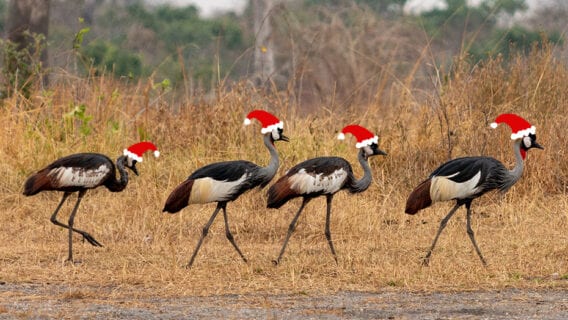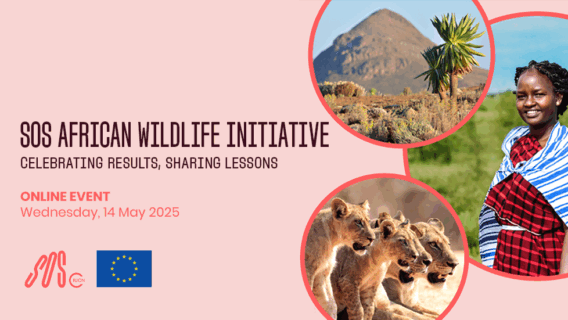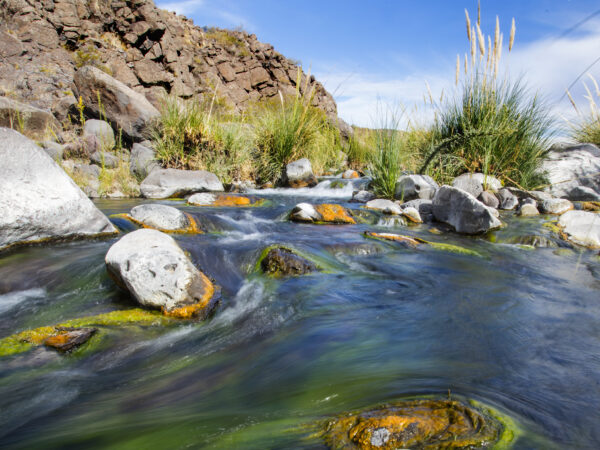
Preventing the extinction of the only endemic fish in Patagonia, Argentina
Project overview
With just a handful of isolated subpopulations remaining in the wild, the Naked Characin stands as Argentina’s most threatened fish species. The expansion of the invasive Rainbow Trout has confined the Characins to the thermal springs of the headwaters of the Valcheta stream. Even in this environment where the Characin should thrive, their numbers are decreasing due to the introduction of another invasive fish, the Uruguay Tetra (Cheirodon interruptus), and habitat destruction caused by domestic livestock. The Uruguay Tetra has reached the largest subpopulations of the Naked Characin, introducing a new parasite: Ichthyophthirius multifiliis (often referd to as Ich).
Threats

Diseases

Habitat loss & degradation

Invasive alien species

Reduced genetic diversity
In 2018, this led to a massive mortality event due to the White Spot Disease, wiping out over 80% of the global population of the endemic Naked Characin. The primary goal of this project is to ensure the long-term viability of the species by decreasing interactions with invasive fish and expanding the area of threat-free habitat. To achieve this, the project plans to restore the habitat of the Naked Characin, protect local subpopulations of the species in sanctuaries and eliminating the Uruguay Tetra’s breeding sites, and involve the local community in stream restoration and promote ecotourism as an alternative to livestock farming.
Project objectives
Project activities
Restoration of Naked Characin habitat:
- Construct physical barriers to prevent invasive fish from migrating.
- Eradicate invasive fish by actively removing them from specific areas.
Protect current local subpopulations of Naked Characins:
- Create sanctuaries by fencing off key sections of the stream to restrict livestock access, where ponds will be established, and native vegetation planted.
- Eliminate breeding ponds of the invasive Uruguay tetra by completely draining them.
Engage the local community:
- Engage in participatory restoration efforts.
- Develop alternative and sustainable economic activities, such as nature tourism.
This project is implemented by Fundación Hábitat y Desarrollo.

